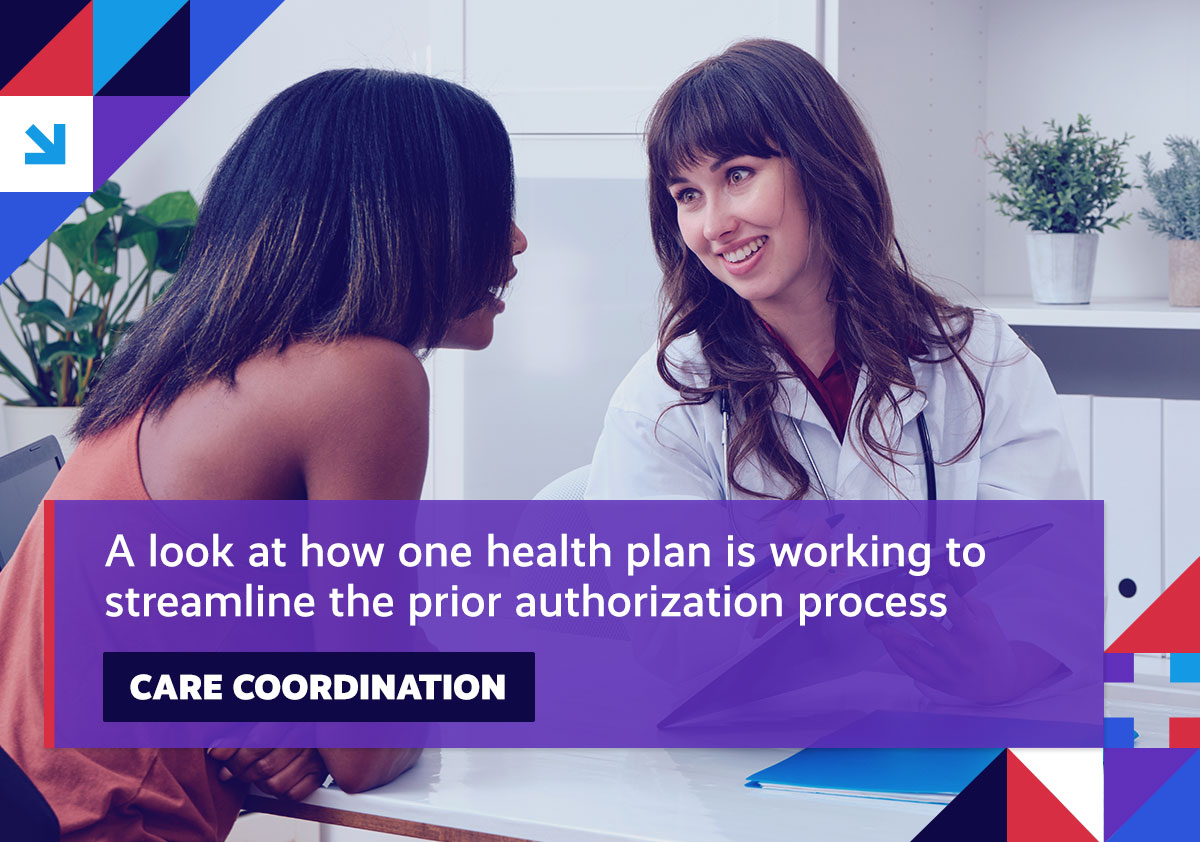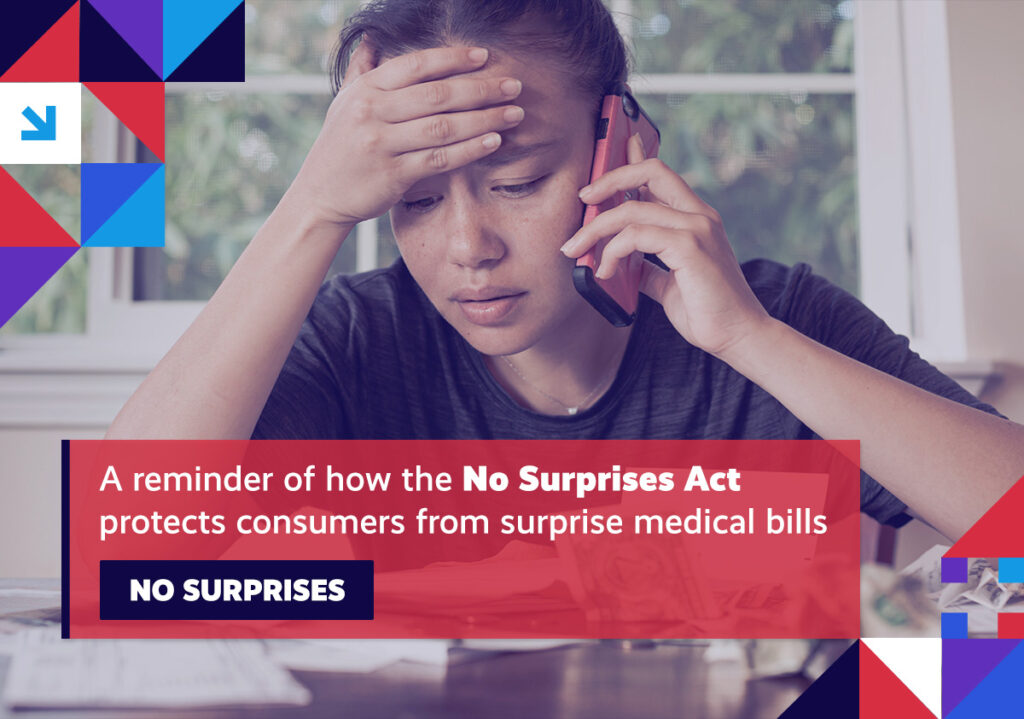A quick roundup of the issues driving the healthcare reform conversation.

Week in Review
MA SUPPORT A new survey highlights overwhelming voter support for Medicare Advantage.
Quick takeaway: A supermajority of seniors enrolled in Medicare Advantage (MA) plans oppose reducing funding to the program – something they’ll take with them as they head to the polls this November.
Digging deeper: Seeking to better understand seniors’ views on MA and how Medicare policy will impact their votes on Election Day, a recent bipartisan survey provided critical insights that lawmakers would do well to keep in mind as we get closer to November.
Among the key takeaways:
- Protecting Medicare is the top priority for seniors, with 94 percent saying it is very or extremely important.
- 74 percent of seniors – across party lines – oppose reduced funding for MA.
- 62 percent of senior voters say they would be more likely to support a candidate who commits to zero cuts to MA.
- MA affordability is the most important factor driving opposition to funding cuts, with 84 percent of respondents citing the program’s low monthly premiums as extremely or very important.
What it means: MA plans now serve over 33 million American seniors – more than half the eligible Medicare population. With its focus on coordinated care, its ability to serve diverse communities, and the savings it brings to beneficiaries and the government, it’s no wonder so many voters are looking to lawmakers to protect the program.
DISHONEST BILLING Hospitals’ billing practices continue to draw scrutiny.
Quick takeaway: Growing acknowledgment of the outsized role that hospitals and providers play in driving up healthcare costs has drawn increased attention to their dishonest billing.
Digging deeper: Dishonest billing occurs when large hospital systems acquire smaller practices and reclassify them as a hospital setting in order to charge significantly more for medical services.
Stories of patients being caught unaware of these billing manipulations abound, including this recent one of a woman who had to stop receiving treatments for a muscle condition because she could no longer afford the injections after the health system that owns her doctor’s office started coding her visits as “outpatient hospital services.”
What it means: As previously featured, federal lawmakers in both the U.S. House of Representative and U.S. Senate have proposed legislation seeking to address the issue.
COVERAGE Employer-provided coverage plays a critical role in our healthcare system.
Quick takeaway: More than 180 million Americans depend on coverage provided through their jobs for access to affordable, quality healthcare.
Digging deeper: Recent studies reinforce the importance of employer-provided coverage to millions of American workers and their families. A quick snapshot tells the story:
What it means: It’s not just workers who benefit from the coverage provided by their employers. According to a recent analysis, employers with 100 or more workers saw a 47 percent return on investment for offering health coverage in 2022. That number is expected to jump to 52 percent by 2026.
Spotlight
| You can keep up with the latest by following the Health Action Network on X and by liking us on Facebook. And, be sure to check us out on LinkedIn, too. As always, let us know if there’s something you’d like to see covered in a future newsletter. |
The Health Action Network includes everyday Americans—families, workers, businesses, patients, providers, neighbors, and friends. We are working together because we support market-based solutions that offer better healthcare choices and help build a stronger economy. The Health Action Network is an Elevance Health, Inc., initiative.

